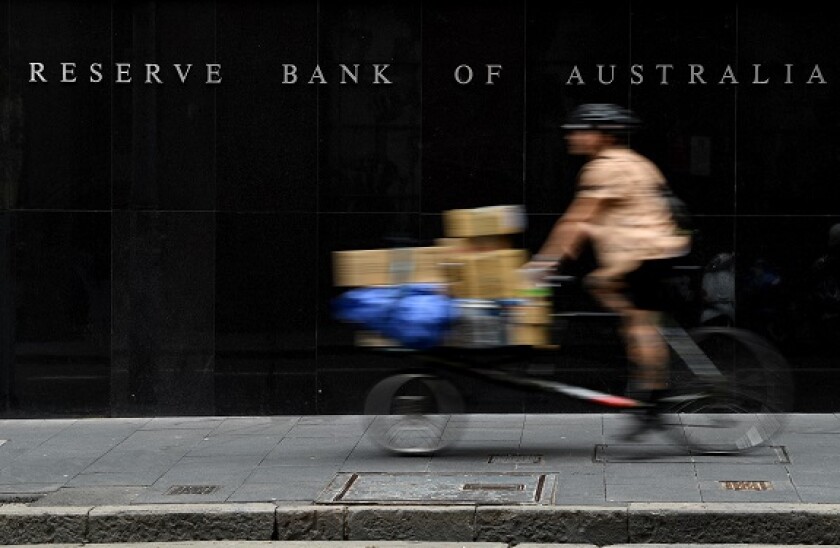On Tuesday, the Reserve Bank of Australia (RBA) cut its base rate by 25bp in response to the coronavirus outbreak, and with other central banks around the globe signalling that they stand ready to make similar dovish moves and the US Federal Reserve cutting rates by 50bp on the same day, this homogenisation of monetary policy could make opportunities for arbitrage funding scarce.
The Australian dollar has trended downwards since the start of the outbreak, slipping to a 10 year low against the US dollar this week. With rates slashed to a record low of 50bp and crawling towards 25bp — the level at which RBA governor Philip Lowe previously said the central bank would consider quantitative easing — the currency is set to stay weaker for the foreseeable future.
Unless an issuer has a direct funding need in Australia, it is likely to choose a different market in which to raise debt. Kangaroo market volumes are down drastically this year, having declined 75% compared to the same period in 2019, from A$8.6bn ($5.7bn) to just A$2.4bn, according to data from Dealogic.
Frequent borrowers rely upon arbitrage funding to cut their overall funding costs and reach new investors. Shutting these markets off means a greater concentration on core markets.
Investors too will look to core markets if the pick-up in non-core currency bonds diminishes. Or they will take bigger risks and head into more volatile currencies in the hunt for returns, such as the Mexican peso.
While cuts and easing might seem a necessary evil in response to the Covid-19 outbreak, there is a possibility that this dovish flight might erode what makes so many non-core markets attractive. If these opportunities for arbitrage funding narrow, then both issuers and investors might be left with an unwanted, and unintended, level of concentrated risk.

